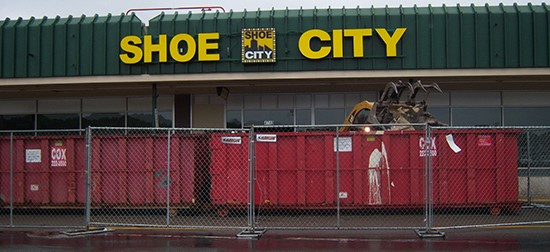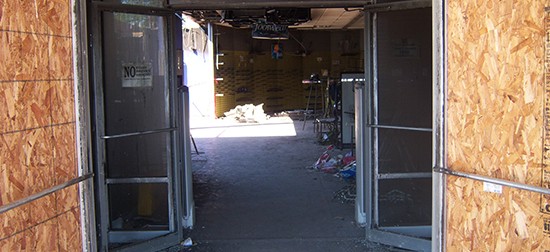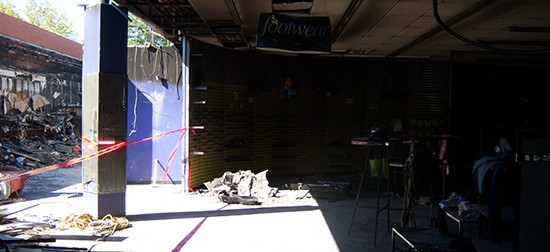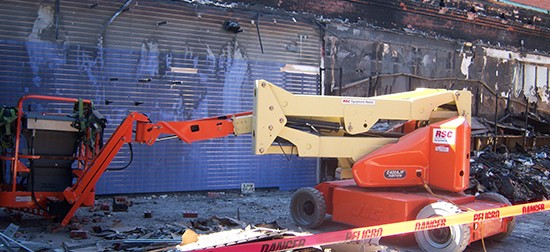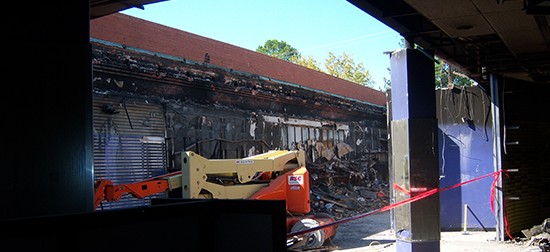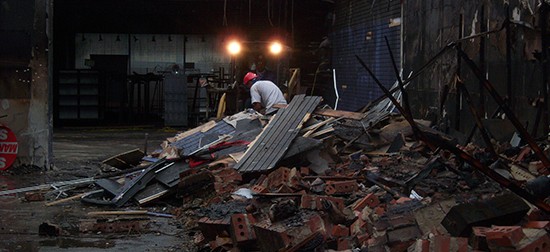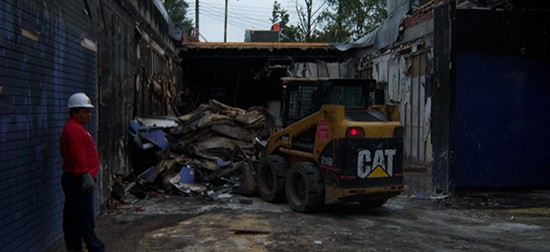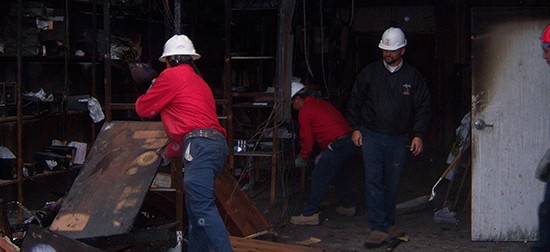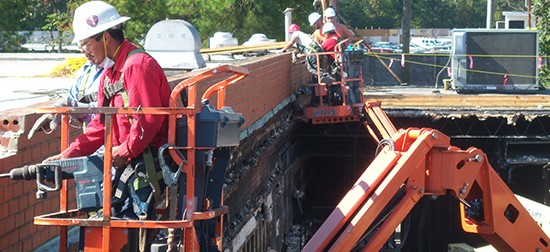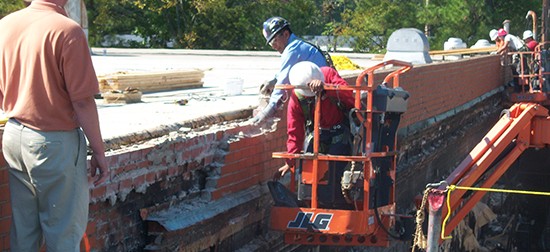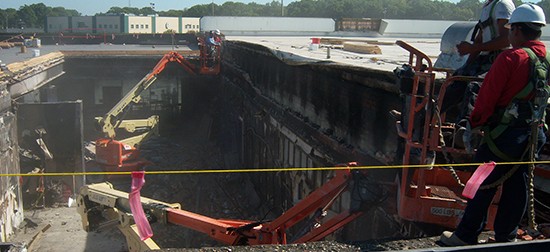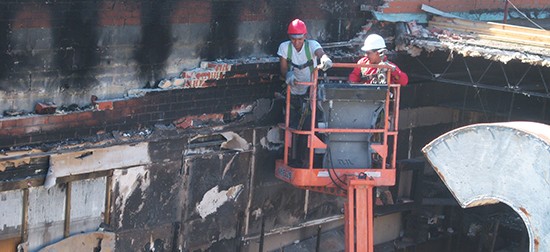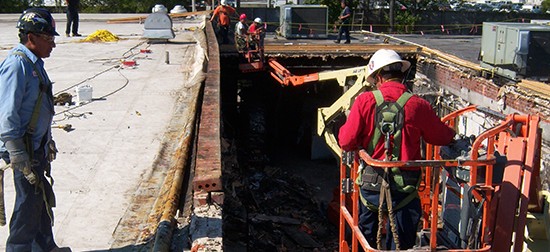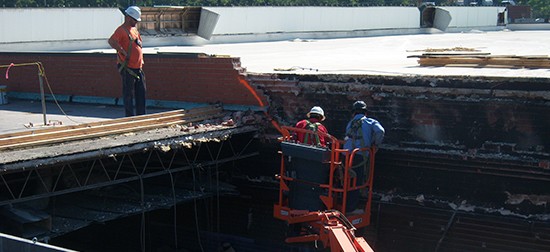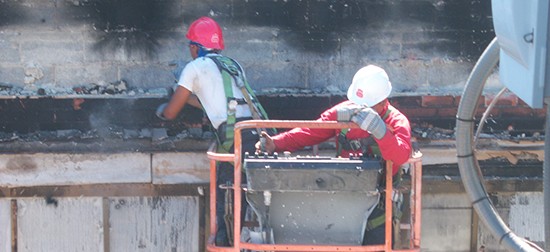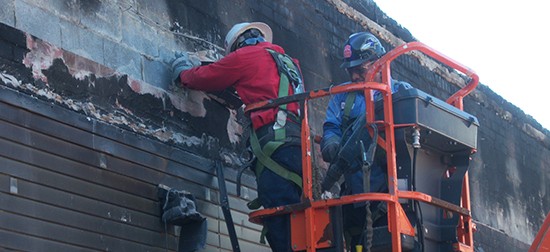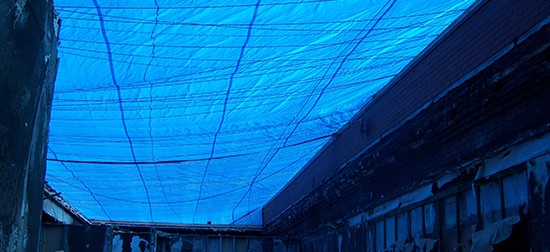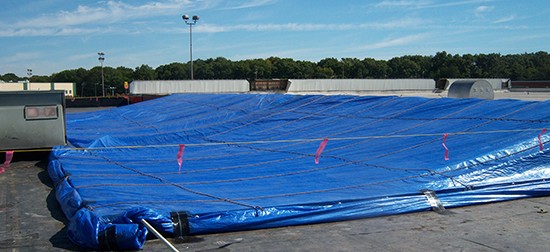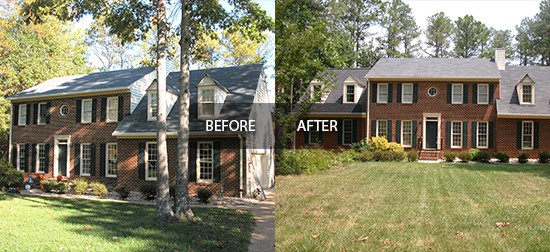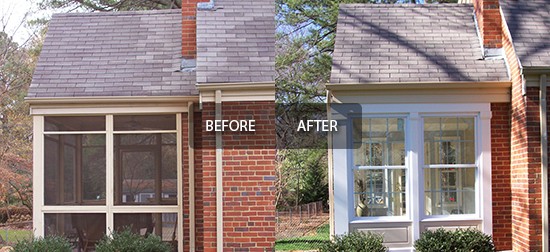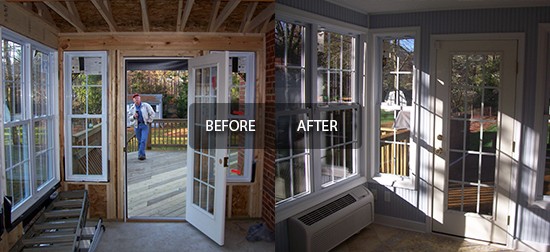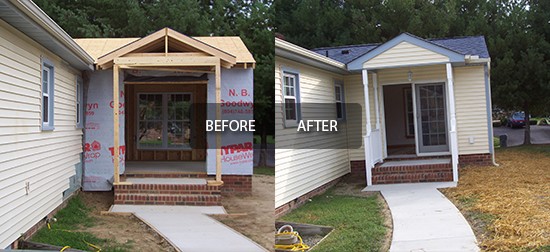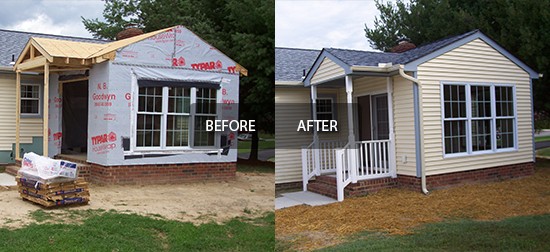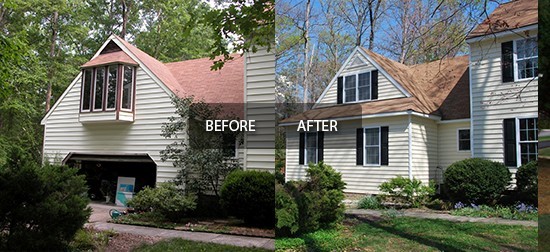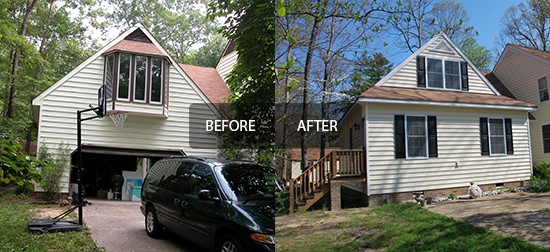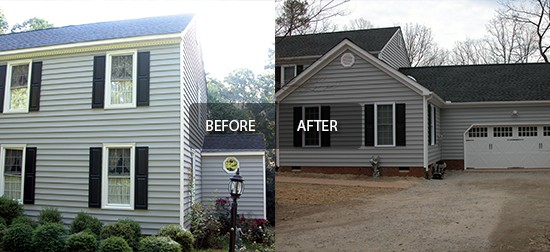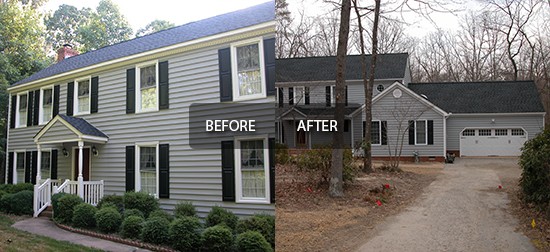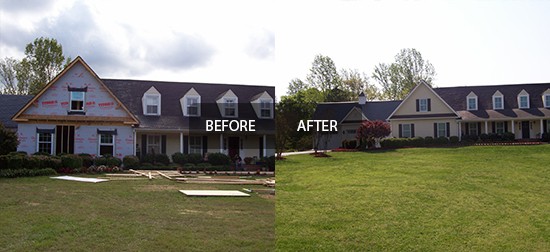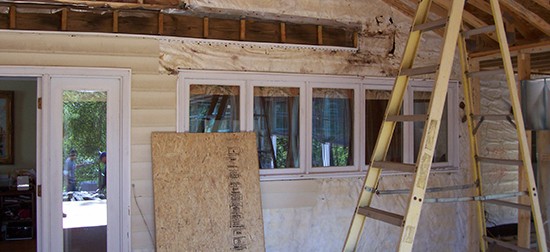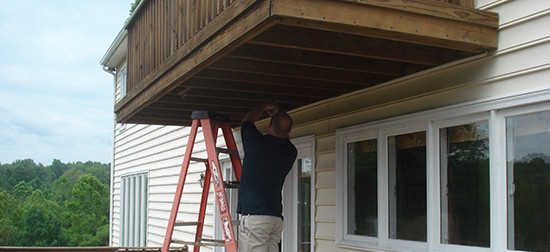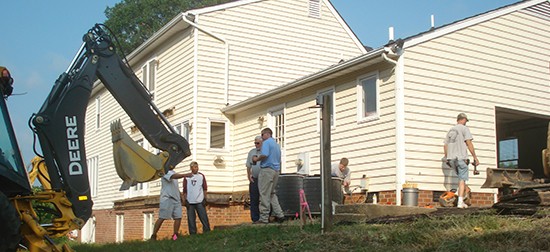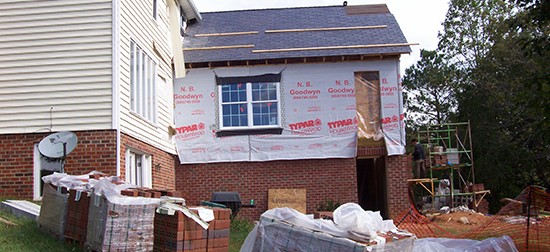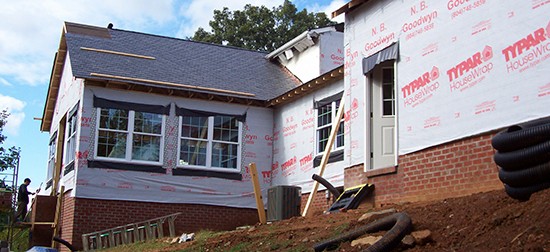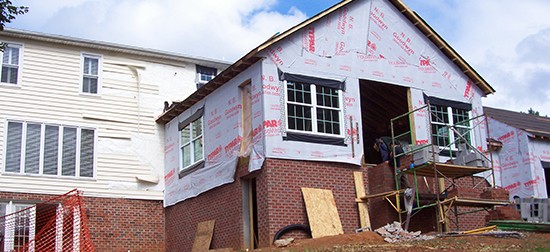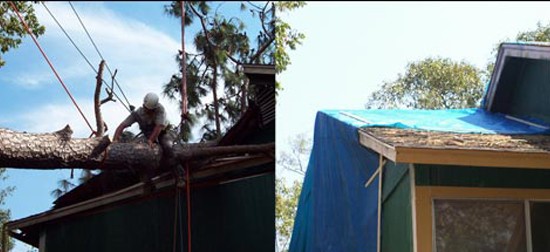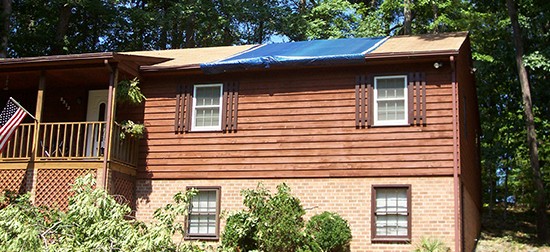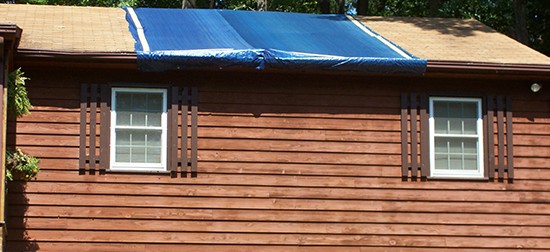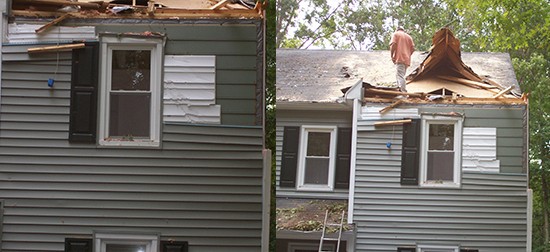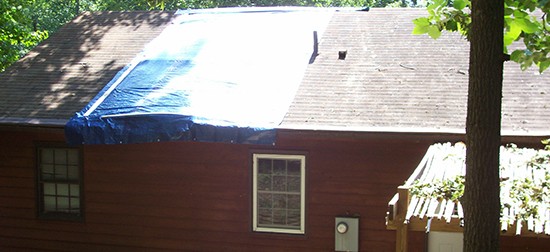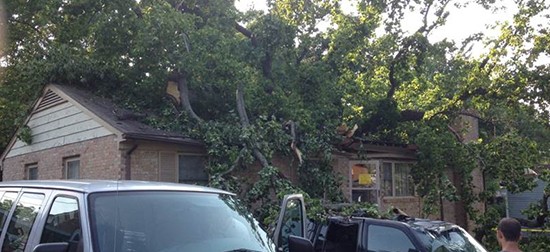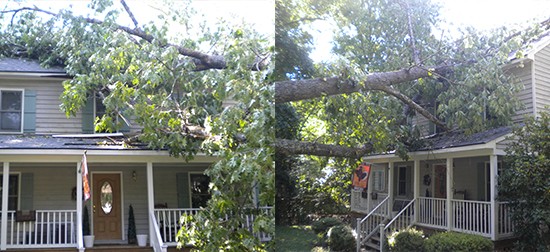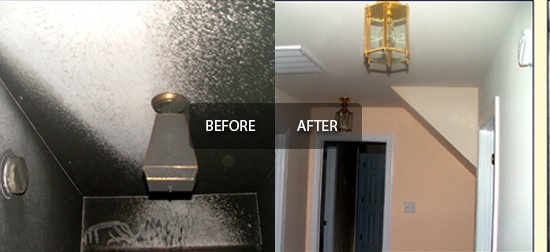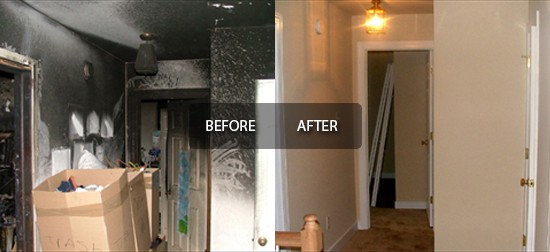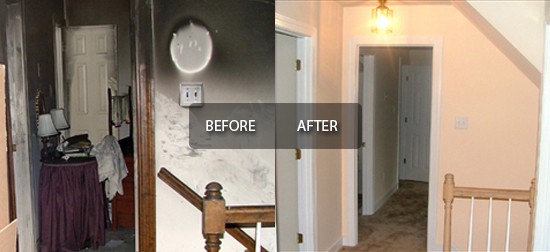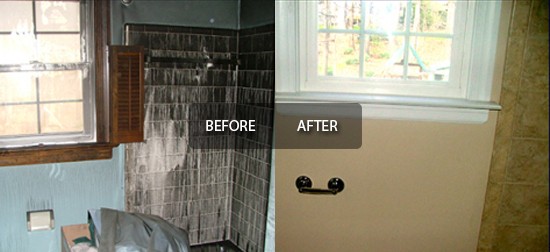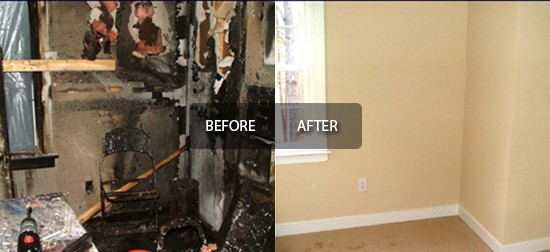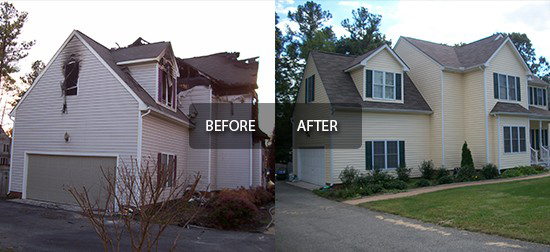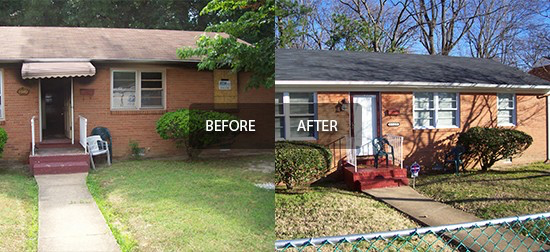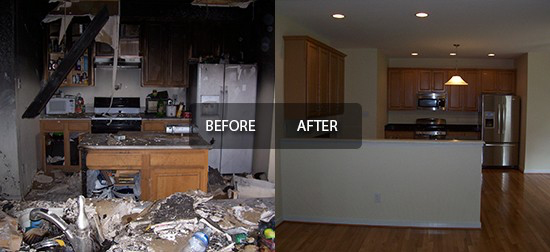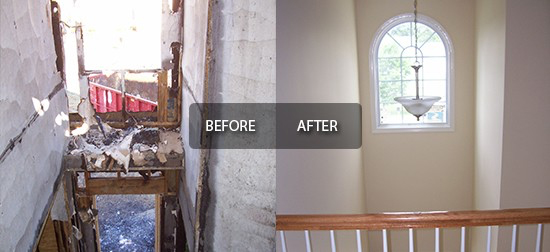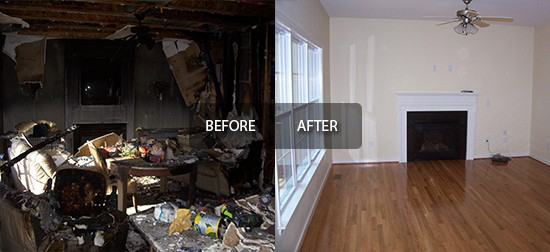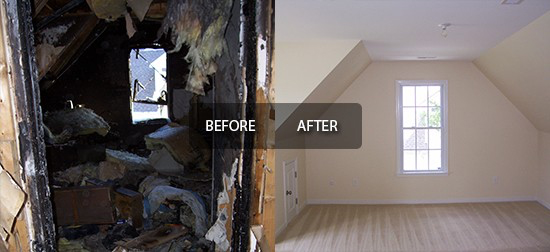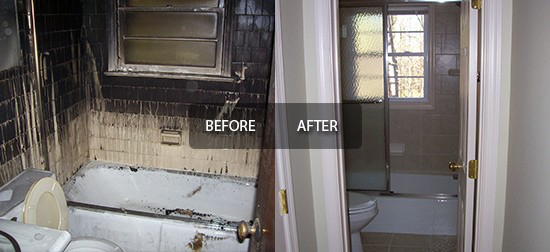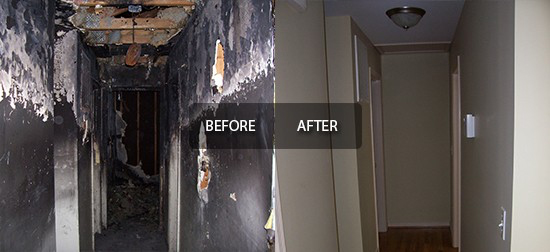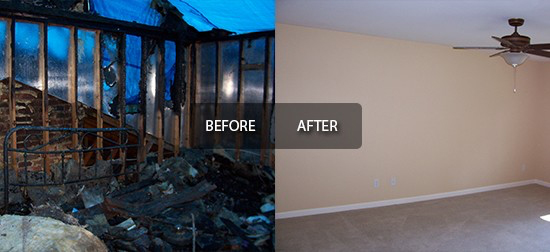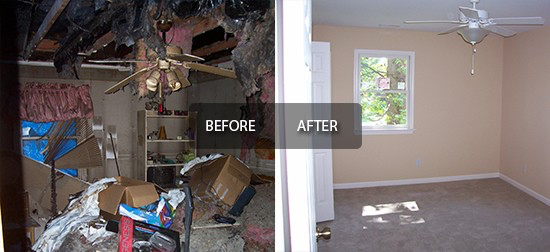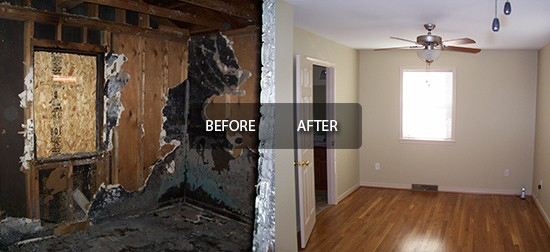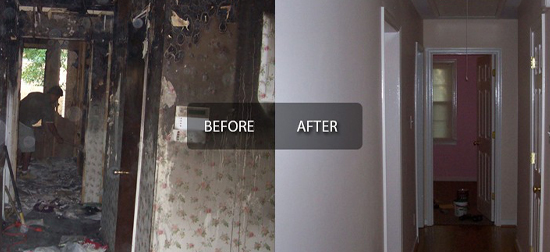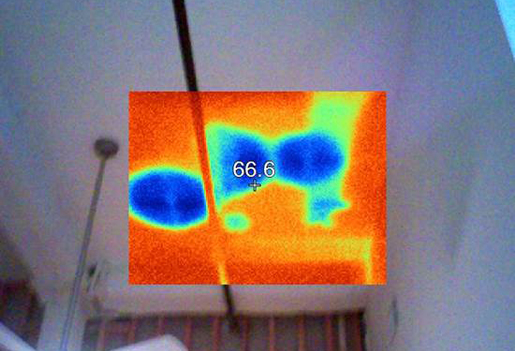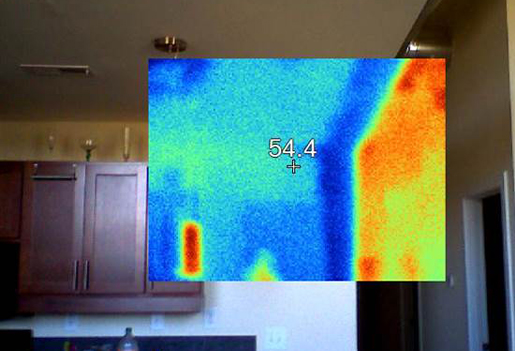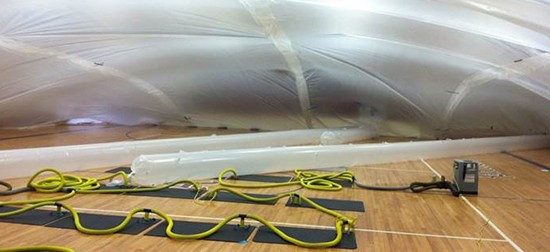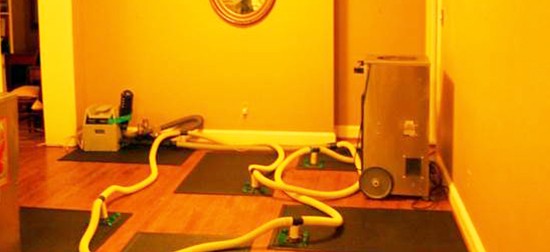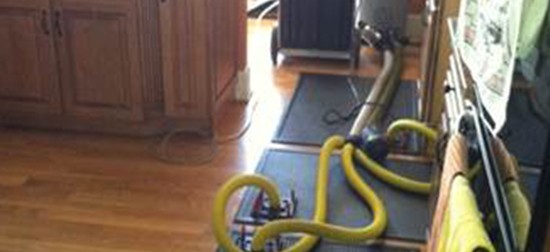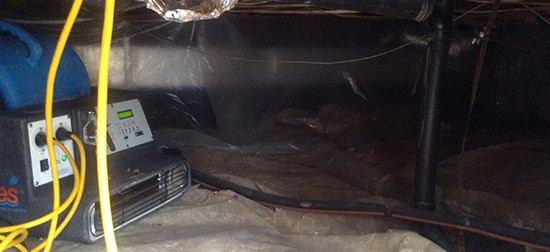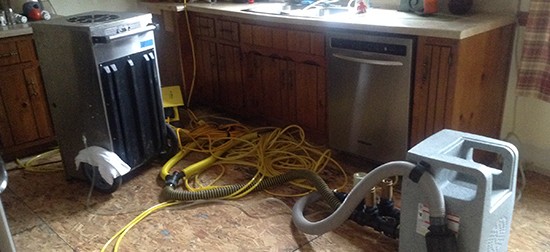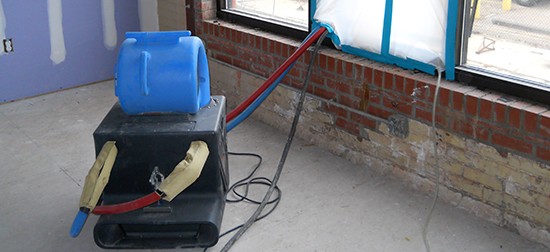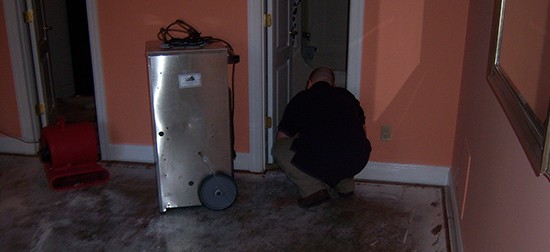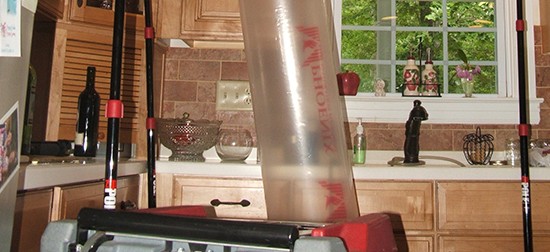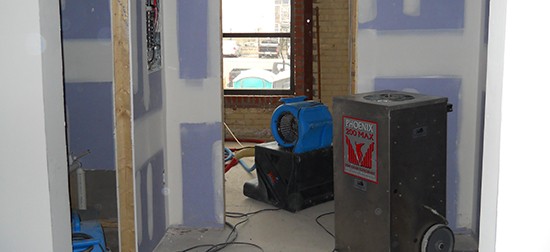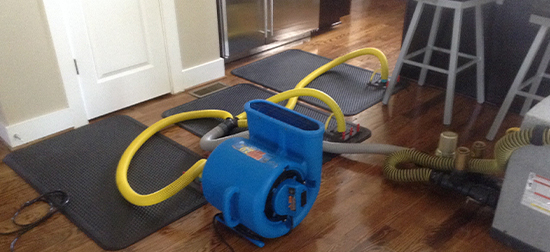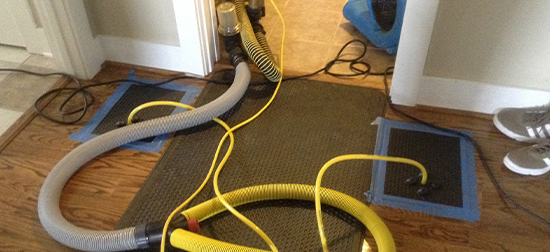Flooding is something that can ruin an entire room in a matter of minutes if it is let take its course. Whether it is caused by a leak in your plumbing or from an especially bad storm, flooding is very hard to catch until your basement is full of water and in need of serious repair.
Despite how bad flooding is, there are some things that can be done to lessen or even prevent it’s substantial damage. One of the best ways to actually deal with flooding in areas like Virginia is to simply be prepared. Here are our 6 tips to prepare and get ready for flooding you could face in Virginia.
The Importance of Proper Flooding Preparation
Let’s first understand why preparing for flooding is something that should be taken seriously by every Virginia family. Many people have it in their heads that flooding is only something that can happen when there is a hurricane or several inches of water, but that just isn’t the case. In most flooding situations, there doesn’t need to eb much water at all to cause serious damage.
Getting water clean up services in times where everyone is experiencing flooding can be tricky at best and will allow the water to further damage your home. This and many other reasons is why such a heavy emphasis is put on preparing for flooding rather than just waiting for it to happen. When you use these tips to prepare for flooding you will be much better off than just hoping your home is sealed and the water stays out.
6 Tops to Prepare for Flooding in Richmond
1. Be Ready
As is the case with preparing for any disaster at home, preparedness is your best ally. The person who spends time preparing for the worst will always be more prepared than the person who neglected to take the issue seriously and get ready.
Getting prepared for flooding can look like making sure all your home entrances are sealed to making sure that your lower levels have a barrier around them to keep the water out. Whatever you can think of and do to get ready for imminent flooding will go a long way to make sure the damage is reduced in your house.
2. Understand Your Home Design
Understanding how your home is designed is something not many people consider when trying to brace for flooding. Homeowners often think that flooding is something that can happen to any home when in reality that just isn’t the case. From the actual elevation of your home to how it was constructed initially, every home has a slightly different tolerance when it comes to keeping the water out.
If you can look at the design of your home and acknowledge certain areas may be susceptible to flooding then you will be more than ready to fix those issues. You may not be able to change the elevation of your home to prevent water from naturally resting at your home, but you can reinforce certain areas to make sure that the water won’t be able to actually get in the house.
3. Get Your Basement Waterproofed
If you want your ground level or basement to stand the best chance against flooding, getting it professionally waterproofed can help drastically reduce the chances of flooding. Waterproofing the ground level of your home helps prevent water from getting in the tiny breaks in the ground where they normally get into your house.
Waterproofing can be done in a number of ways that all have various levels of effectiveness for keeping water out. Some methods are designed to simply reduce the chance of flooding while others are designed so that virtually no water will be able to enter the house. You want to get your home waterproofed way before the flooding is likely so the compounds can fully set and do their job effectively.
4. Look for Potential Weak Points
Looking for areas within your own home that may have weak points is a great way to be proactive in preventing flooding. Finding certain weak points in your home can be difficult at first, but there are often professionals who know where to look and what to do to prevent flooding in those weaker areas.
Weak points are generally areas like garage doors and windows where the seals are less secure than solid walls or concrete. Despite that, there are still certain home structures that can be weaker on your specific home. Finding weak points early on and addressing them is a great way to have security when the flooding eventually begins to happen.
5. Have a Flood Plan
Those who create a plan for the flooding are often much better at dealing with the water than those who fail to prepare at all. A flood plan can range from removing everything from the floor to prevent damage to doing things like adding protective elements so that water cannot enter into your home through the door cracks.
Flood plans are great because before the water starts coming down, you are already taking the necessary steps to minimize damage and potential leaking. You can work with the teams who helped you prepare and waterproof your basement to see what they would recommend you do for your specific home’s needs.
6. Know How to Recover
The last thing you need to do to prepare for flooding is to prepare for recovery. No matter how much time and effort goes into preparing for flooding, there is always a chance that water will get in and cause you to need to make a phone call to get a quality water restoration team out to help.
Water restoration teams can come out to your home and remove all traces of water from your home. This means you will be able to recover faster and ensure no mold or future issues arise. While it would be ideal if you don’t have any flooding, having a backup plan is always smart.
Want to prepare for flood recovery?





